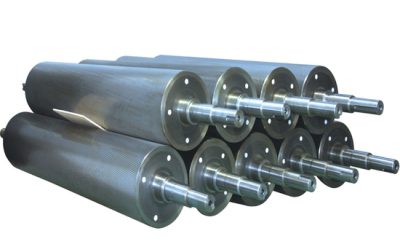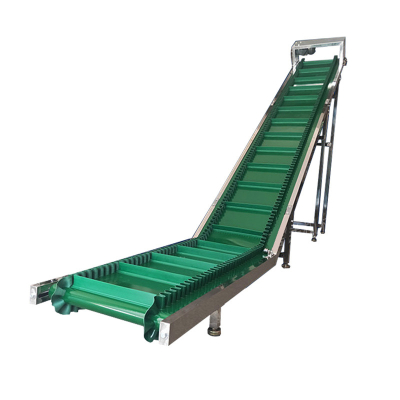Function and characteristics of organic fertilizer agent
Organic fertilizer bacteria, that is, the bacteria of biological organic fertilizer, the organic solid waste (including organic waste, straw, livestock and poultry manure, silt, residue, cake meal, agricultural by-products and food processing solid waste) through fermentation, deodorization and completely decomposed organic fertilizer processing.
Organic fertilizer bacteria, by bacteria, actinomyces, filamentous bacteria, yeast and other strains and related enzymes compound, aerobic fermentation, decomposition of cellulose, decomposition of protein is very strong, organic fertilizer bacteria can quickly achieve warming, pest, weed seeds and nutrient enrichment effects.
1. Functions and characteristics
1, applicable raw materials: cattle, sheep, pigs, chickens, ducks and other livestock manure (including manure).
2, the scope of application: large organic fertilizer plant, large breeding plant, large green plantation and farm.
3, the temperature is fast, when the ambient temperature is above 0℃, the temperature rises to more than 50℃ in 48 hours. It can fully decompose smelly organic sulfides and organic nitrides in livestock and poultry manure. After thoroughly mixing, 2-3 days will eliminate the odor.
4, short composting cycle, 10-15 days to completely decompose, save time.
5, compost high temperature lasting, can kill bacteria in the fermentation, eggs, weed seeds. Decompose the crude fiber and protein contained in the material.
6, compost has less total nutrient loss, high humus content, and obvious increase in potassium content.
2. Use method
Each 1 kg of RW organic fertilizer bacteria agent can handle 8 tons of organic materials, when using 1 kg of RW organic fertilizer starter and 8 kg of rice bran or corn flour mixed evenly, evenly incorporated into the fermentation.
Third, precautions
1, the organic fertilizer bacteria agent must be mixed with the fermentation before use.
2. The organic fertilizer agent must be stored in a ventilated, cool and dry place.
3. Do not use with fungicides.





